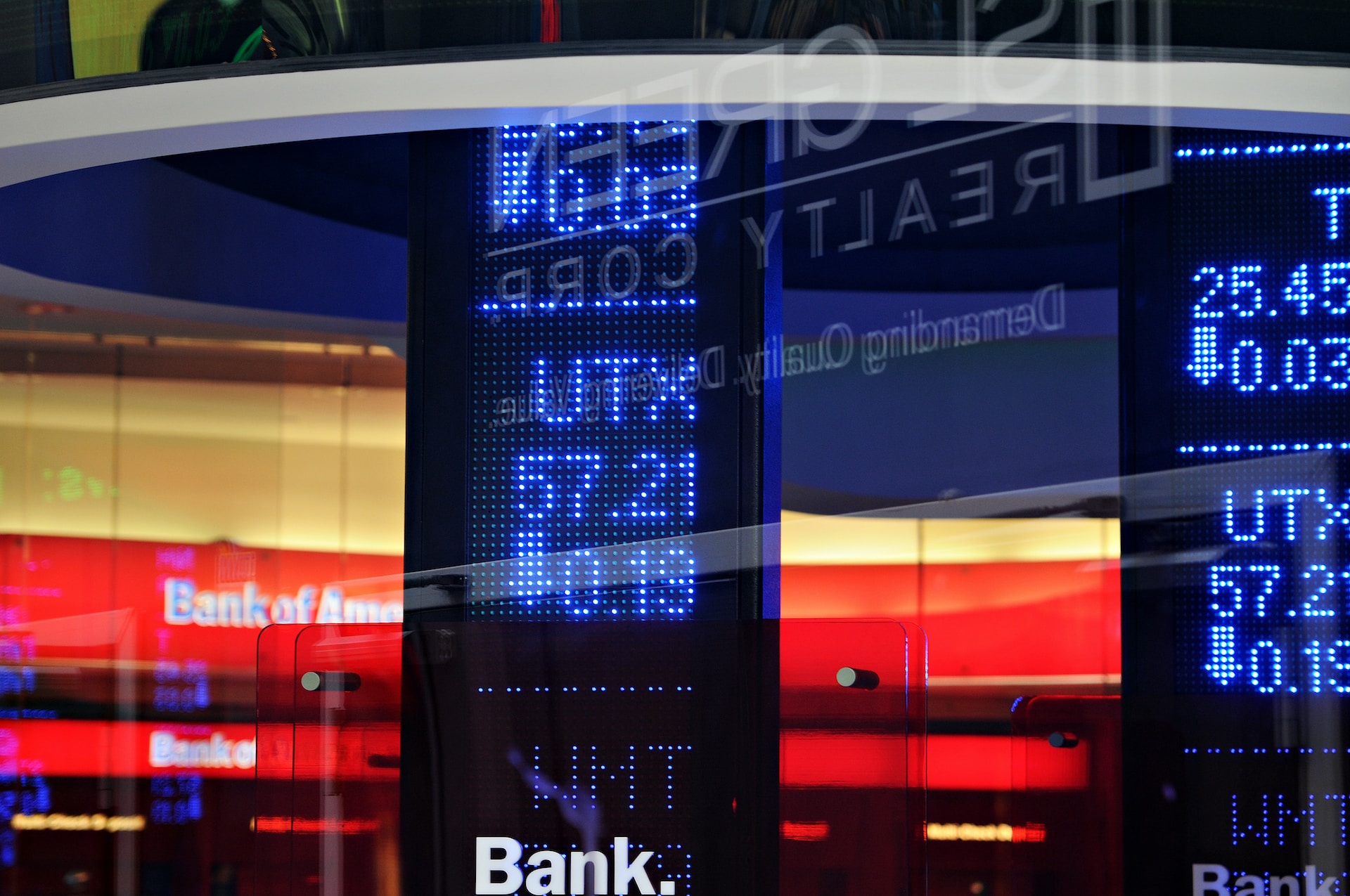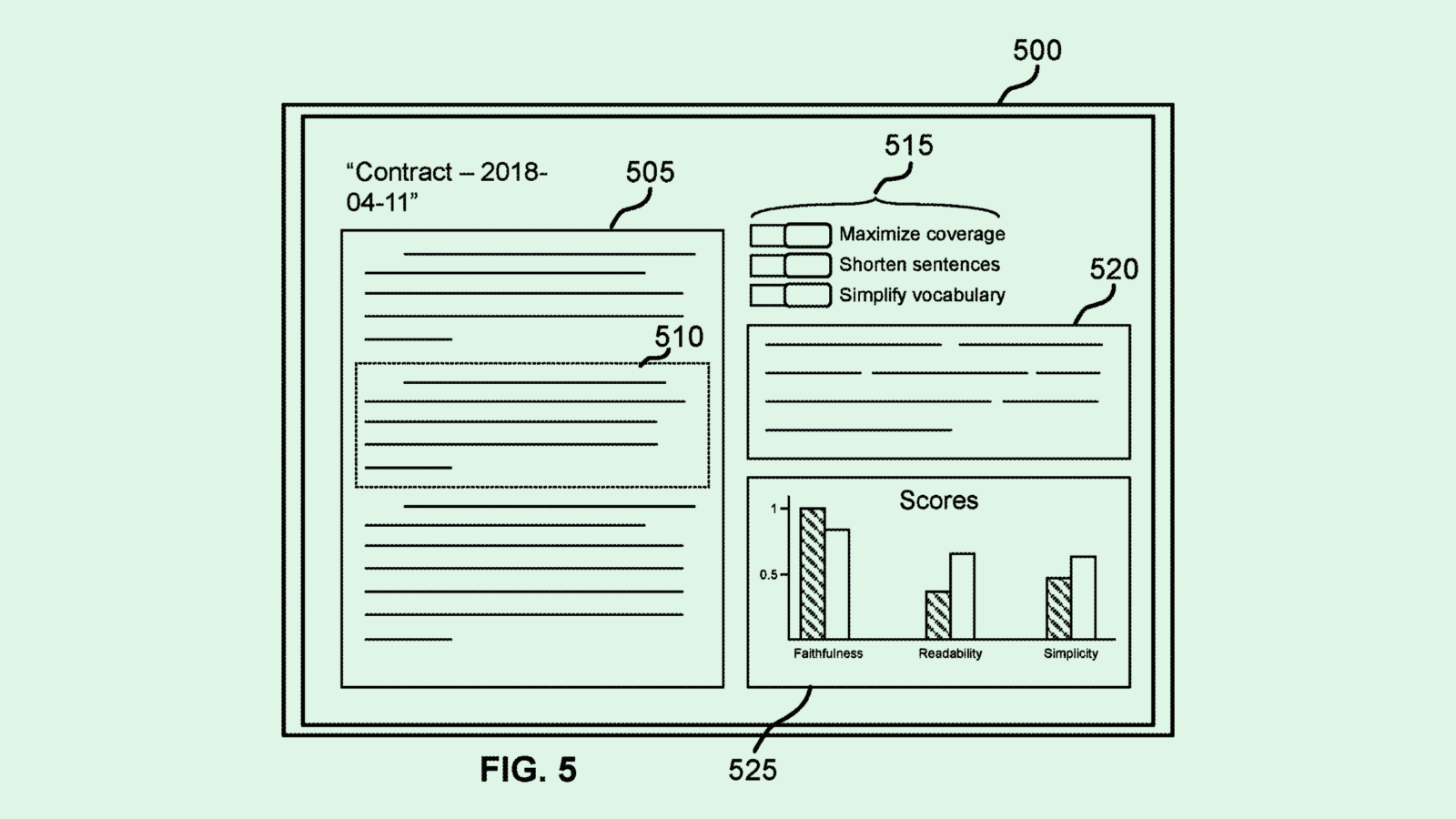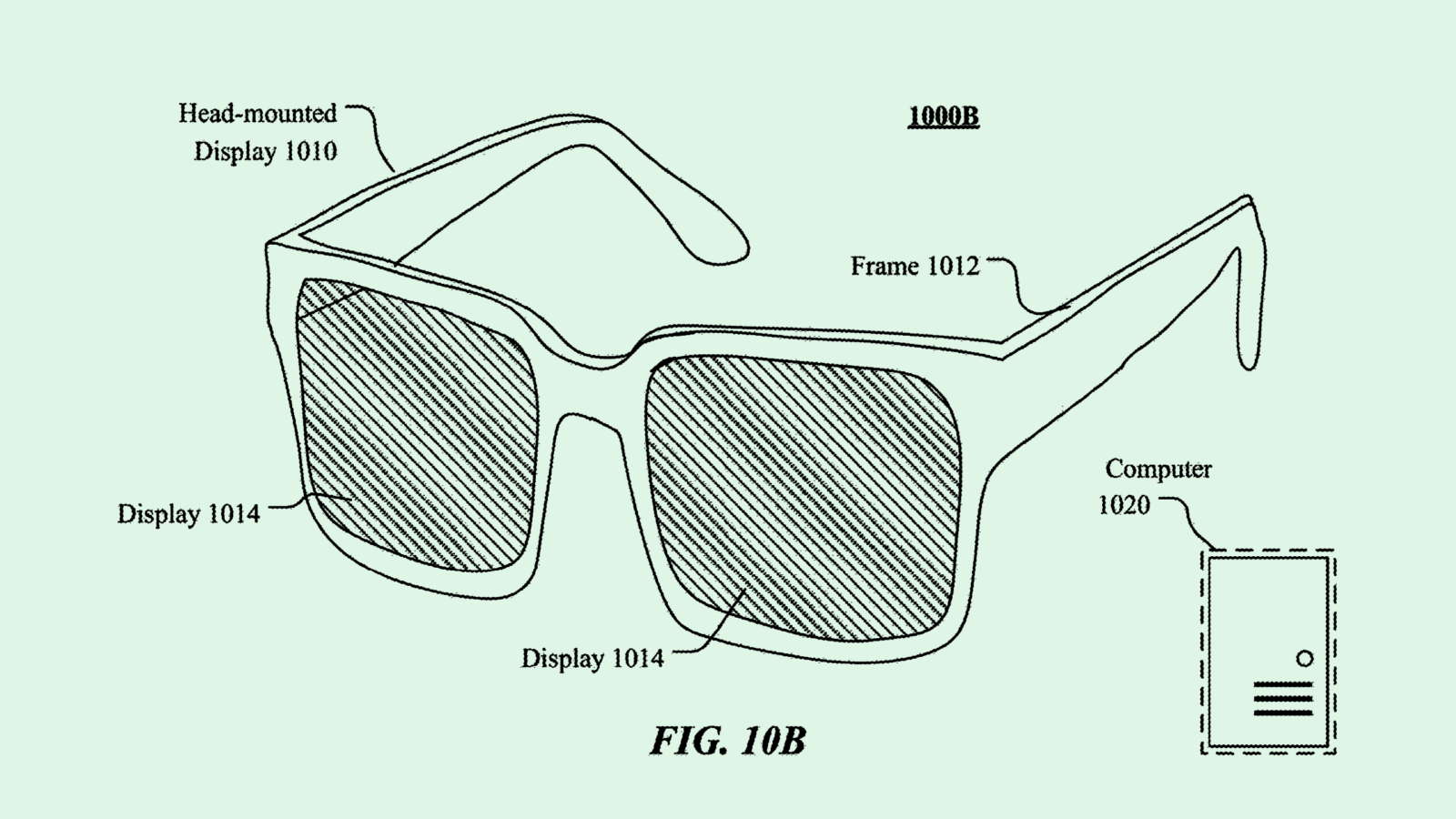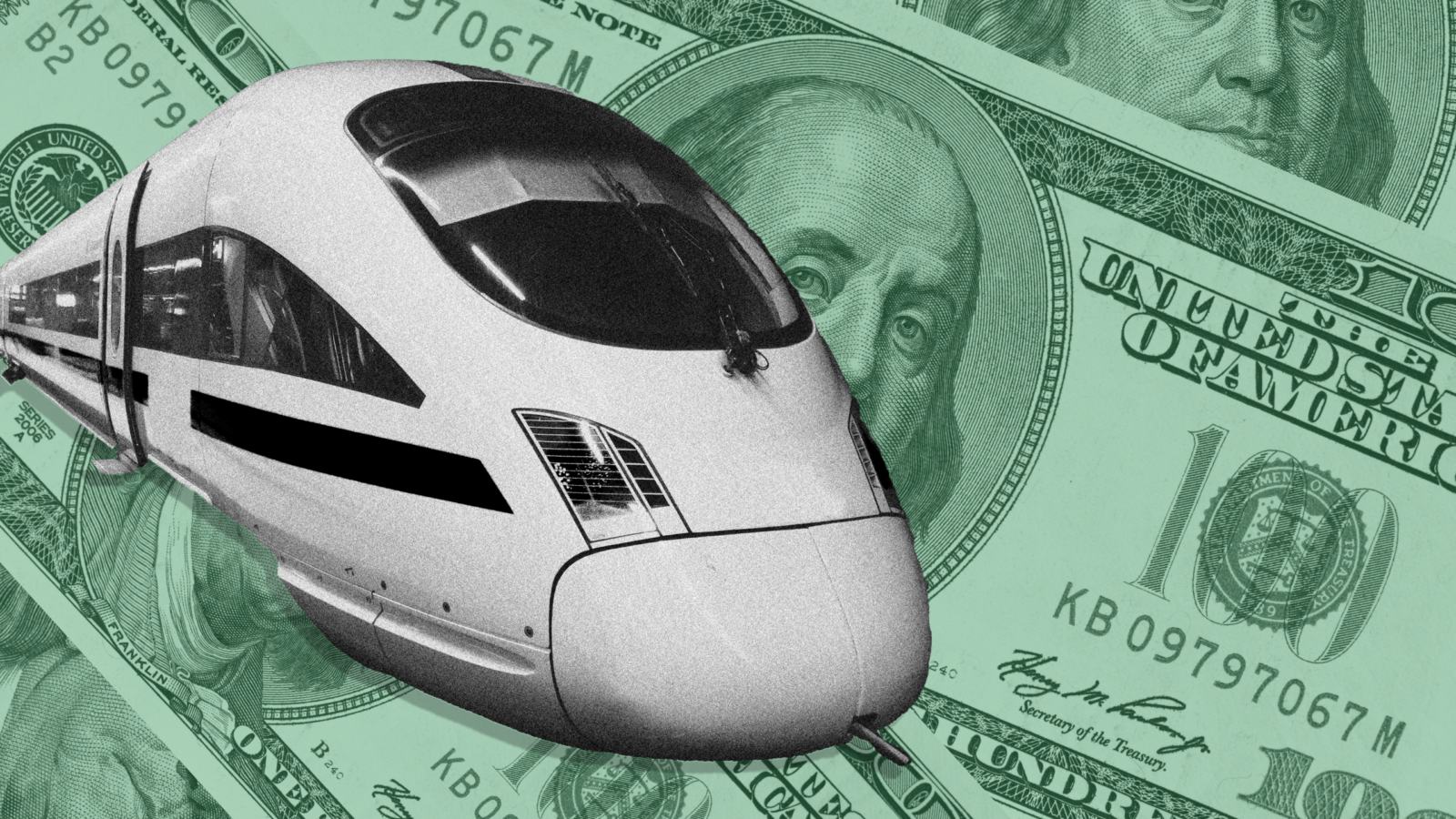
Sign up for smart news, insights, and analysis on the biggest financial stories of the day.
Banking failures. An unrelenting Fed. Sagging corporate earnings. Even Buffett is singing a leery tune.
So, how is it that the S&P is up 8% so far this year? Thank the computers and their algorithm-driven trading models, says a growing chorus of analysts.
Feel Not, Worry Not
Human investors — mere mortals whose sentiment can suffer at the whim of a convincing headline — have had a lot to absorb of late. In what’s considered a base case for many, minutes from a recent Fed meeting suggest the likelihood of a “mild recession” this year. At worst, DC gridlock could render the nation incapable of paying its debt in a few precious weeks, a threat that Consumer Financial Protection Bureau director Rohit Chopra declared a “Big worry. Every family should be concerned.”
All of it weighs on the anthropoid class. Analysts at Bank of America recently proclaimed that “bulls are becoming an endangered species,” and market exposure among active managers is approaching a one-year low.
As for quant funds and their trend-spotting supercomputers, bullishness is at a multi-year high. According to analysts who spoke to the FT, systematic funds are pouring into stocks at the fastest rate in decades and moving markets in the process:
- Figures from Nomura suggest that vol controlled funds — which employ hedges to minimize portfolio volatility — have added roughly $72 billion in the past three months. “Systematic reallocation has really been the [main] source of demand outside of corporate buybacks” this year, Charlie McElligott, an equity derivatives strategist at Nomura, told the FT.
- Separate analysis by Deutsche Bank showed overall equities positioning across systematic funds is at its highest level since December 2021.
“These funds move fast and unemotionally,” said McElligott. “They’re not parsing through earnings or taking a view on the stickiness of inflation . . . this is about price trends and momentum.”
Who’s Leading Who? Parag Thatte, a strategist at Deutsche, told the FT: “We do see their trading has a big impact on equities … they don’t tend to lead the market . . . [but] they tend to amplify moves that are already happening.” Notably, this train works in both directions, with algorithmic fund flows contributing to last year’s 19% drop in the S&P 500. Bow, to your algo overlords.









